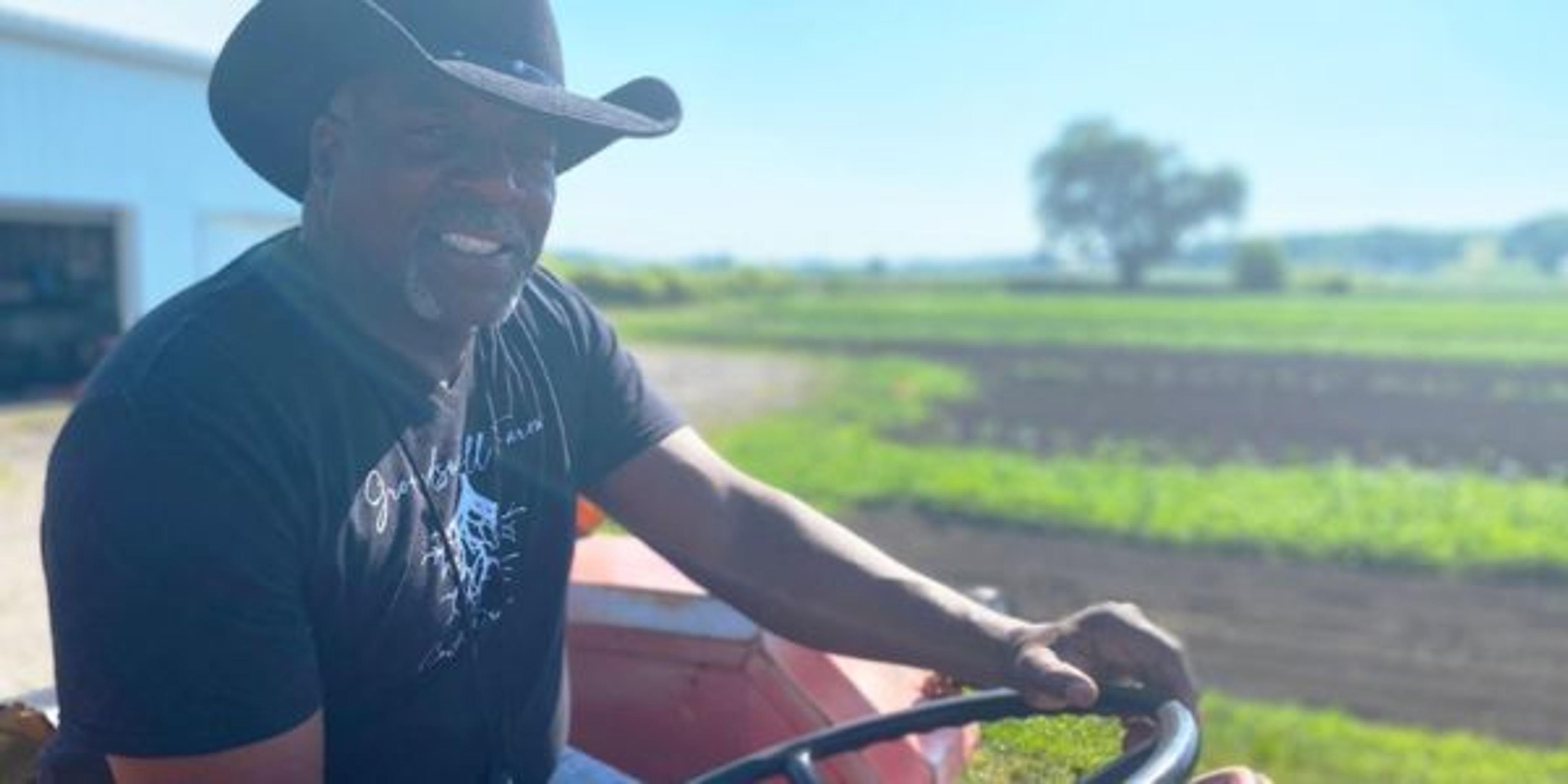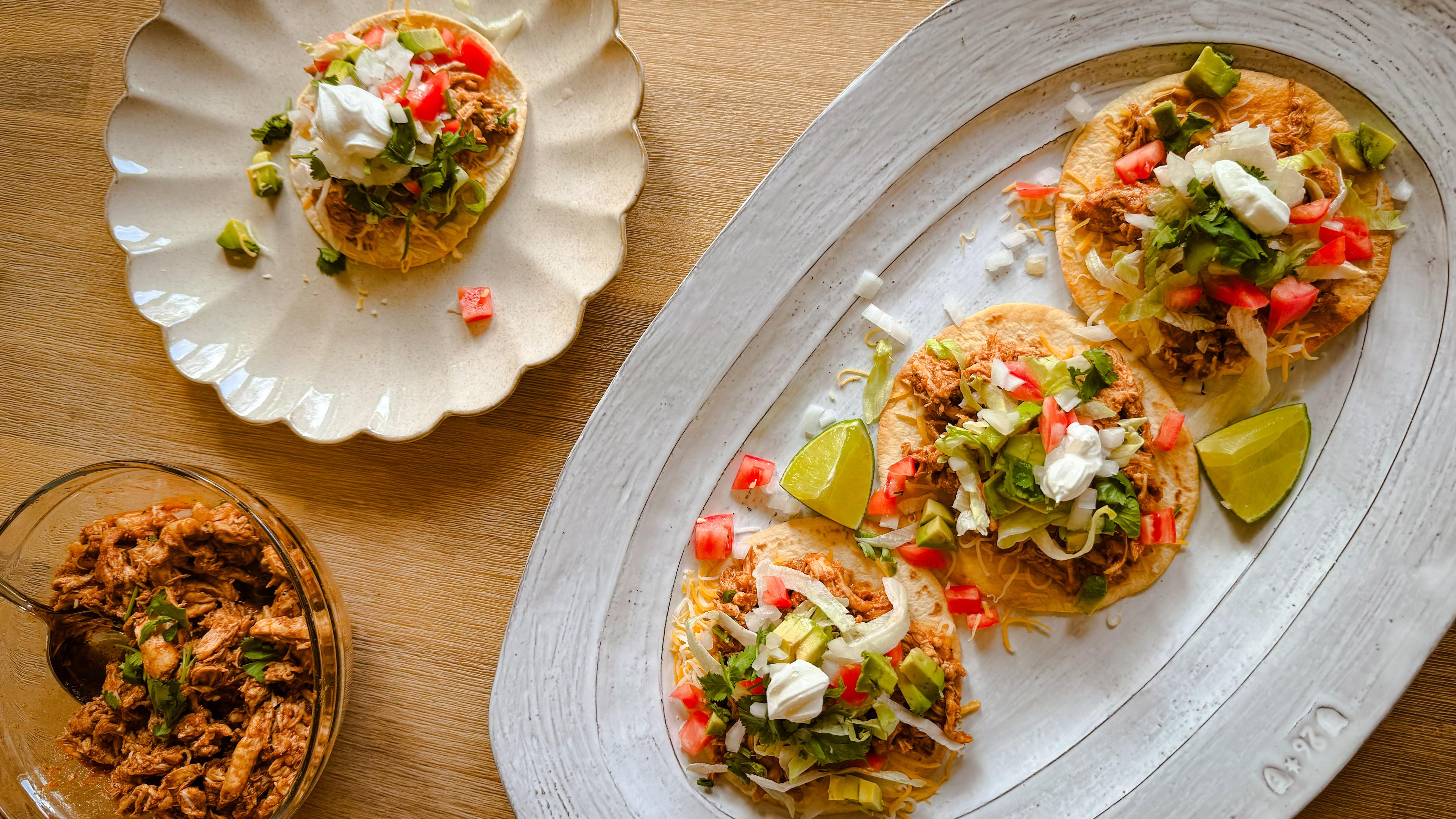Black Farmer Teaches Benefits of Organically Grown Produce
Shandra Martinez
| 3 min read

Bruce-Michael Wilson doesn’t remember missing school because he was sick. He attributes his healthy childhood to a diet of eating mostly what was grown on his family’s 160-acre farm near Hopkins, a small town in Allegan County.
“As kids, we never visited the doctor for any reason,” Wilson said. “Most of us had perfect attendance in school. There’s a reason for that – we were eating healthy.”
Decades later, Wilson is using his USDA-Certified Organic Farm – called Groundswell Farm – in Zeeland to teach the benefits of fresh produce to underserved communities.
Wilson is working to create Dunyun CDC, a nonprofit that will be located at Groundswell.
Educational mission
He plans to make Dunyun into an educational center where youths, especially of color, can learn the importance of eating and growing organic crops.
While he may be the first Black USDA organic grower in the area, he doesn’t want to be the last. Less than 2% of farmers in the U.S. are black. A century ago, there were nearly a million Black farmers working the land. Now, there are fewer than 50,000.
When Wilson’s father purchased his farm in 1969, he kept his race hidden until he signed for the property at closing. He drove by the property but never inspected it until after he bought it.
“He was a sharecropper from Mississippi. All he knew was farming, and he wanted to own his own land when he came to Michigan,” Wilson said.
The family lived off what they could raise on the farm.
“It was rare that my mom would go to the store,” Wilson said. “We always had a huge garden and livestock that provided us with milk, meat and lots of vegetables.”
Wilson wants others to share his experience
Wilson believes that being outdoors doing chores and eating produce picked off the vine was good for his physical and mental health. Wilson wants to give students in urban settings access to farm fresh food.
“I had the benefit of being able to go out to the garden and pick up something right off a plant and eat it,” Wilson said.
His rare experience as a Black organic farmer has put him in demand as a speaker. He’s often asked to talk about his experience growing up on a farm and the benefits of growing and buying organic produce, free of pesticides.
“If they pay a little bit more upfront, it’s going to be a lot less at the end. There’s going to be less time visiting the doctor, less time being sick, less time missing work or school. When you’re healthier, you’re going to be sharper,” said Wilson. “People have to be educated on that. So that’s one of my roles and one of the things that I’ve been trying to get the message out on. Hopefully, it starts to stick.”
Related:
Photo Credit: BruceMichael Wilson





